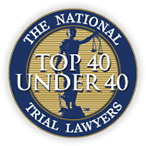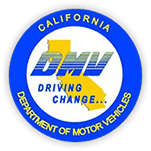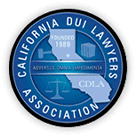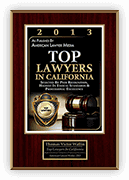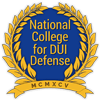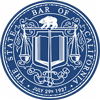Oftentimes, drivers who have been arrested for driving under the influence (DUI) after being stopped at a sobriety checkpoint ask, “How could I be stopped without probable cause?” While the question is reasonable, the California courts have found that sobriety checkpoints are legal so long as specific guidelines are followed. This means that even if you are not driving erratically and/or exhibiting other signs of intoxication, you can be stopped at a sobriety checkpoint. However, in order for the police officer to actually arrest you for a California DUI/DWI, he or she must first observe signs of intoxication such as glassy or bloodshot eyes, slurred speech, or alcohol on your breath. If during the sobriety checkpoint, you exhibit any of these things, the officer will have you move to another designated area in order to conduct a full DUI investigation. However, if such signs of intoxication are not observed, then the officer must allow you to move on; otherwise, he or she will be violating your freedom to leave without reasonable suspicion. An experienced California DUI attorney can determine if the sobriety checkpoint met with the court’s guidelines and whether or not the police followed established protocol.
Unreasonable Search and Seizure?
Under the Fourth Amendment sobriety check roadblocks are considered “seizures.” The Fourth Amendment requires that “searches and seizures conducted under governmental authority be reasonable.” The key issue here is “reasonableness.” In order for one’s Fourth Amendments not to have been violated, the police must have “reasonable” suspicion that a crime has occurred. California’s constitutional principles are founded on the same principles. In other words, the state’s interests must be compared against the “intrusiveness” of the stop and any detainment of a motorist. In order for the California police to justify the detainment and a DUI investigation of a motorist resulting from a sobriety checkpoint, there must be reasonable probable cause. The key here is what is determined as probable cause. This means that a driver must display noticeable behavior of being intoxicated. This is an issue that in many DUI cases can be favorably argued by an experienced California DUI lawyer. It should be noted, however, that searches that are conducted in pursuit of an administrative purpose rather than as part of any type of criminal investigation may be permissible under the Fourth Amendment, even if probable cause is not given.

